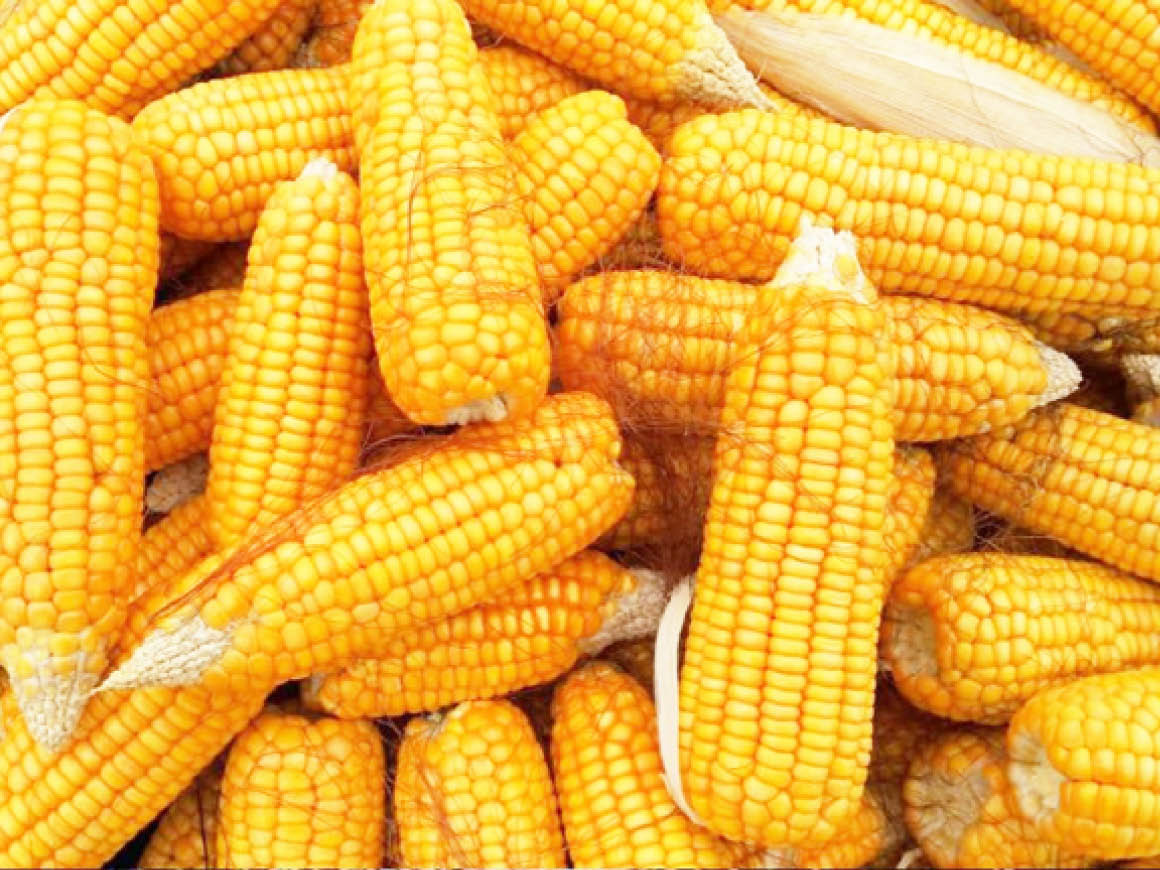Indigenous grains are referred to as Traditional Grains (TGs). This food heritage has fed people for generations. They are also legacies of genetic wealth upon which sound food security and sustainable development could be built. Centuries ago, rice was introduced from Asia, maize from the Americas and wheat by farmers in the temperate zones. Faced with the exotics, the continent tilted away from its own TGs. Research and development on the TGs largely dwindled. Today, despite the development of rice, maize and wheat, the TGs still have inherent roles to play as contributors to food security and as sources of value-added products in various industries.
According to the Raw Material Research and Development Council (RMRDC), Nigeria has several TGs. Among the common ones are sorghum, millets, tiger nuts and African legumes like cowpeas, Bambara, groundnut, sesame, finger millet, fonio, pearl millet, sorghum, tef, guinea millet, and several dozen wild grains which are eaten from time to time.
The Director General of the Council, Professor Hussaini D. Ibrahim noted that some of the TGs are highly nutritious and also have very good industrial potentials.
Perceivable roles of TGs in modern agriculture
In comparison with modern wheat, rice, and maize, TGs grains retain much of the hardy, tolerant, self-reliance of their wild ancestors. Such resilient crops are becoming vital for extending grains production to marginal lands. In this era of global warming, they are vital for keeping arable lands in production. The highly developed cereals like wheat, rice, maize and barley etc, produce high yields but require intensive cultivation practices involving inorganic fertilizers and pesticides, leading to soil degradation and pollution.
For these, TGs offer outstanding promise. They are tools for building a new and stronger food-production framework. For instance, most people think of rice as an exclusively Asian crop. However, farmers have grown native rice, Oryza glaberrima in parts of West Africa for at least 1,500 years. The African rice comes in a wealth of different types that are planted, managed, prepared, and eaten in different ways. Some mature extremely quickly and fits into seasons and situations where other cereals fail. Apart from these, its genes might benefit the production of common rice worldwide.
How Nigeria is planning to increase the production of the TGs
Despite the efforts put into the development of the exotic grains, Nigeria still imports large quantities of grain. For instance, Nigeria still imports wheat to produce the wheat flour, pasta and other products consumers require. This is what the government through the RMRDC is trying to address.
In realization of the roles of TGs in food security and as raw materials in the industry, RMRDC over the years has been promoting the development, increased productivity and industrial use of some of the traditional grains. Through its agricultural boosting programme, the Council had been collaborating with the mandated national research institutes to promote the development of improved varieties of sorghum, tigernuts, cowpeas groundnuts and sesame seeds which they distribute to the various commodity associations throughout the country.
The Council has also promoted research into the utilization of sorghum for the production of glucose syrup and ethanol. Today, through assiduous efforts of the Council, tigernut oil is now locally produced and used in various industries, most especially, the toiletries and cosmetic industries.
The DG of the Council will organize a workshop for a stronger link between Nigeria and Sweden towards teaming up Swedish Scientists together to assess prospects of the TG bioeconomy and the key factors (trends, drivers) that are likely to shape its evolution has reached advanced stage. The programme will build on existing partnership, improve the indicators and metrics that are needed to monitor the development of the TG bioeconomy for sustainable development by developing research ideas for projects to meet knowledge gaps, as well as initiate and foster contacts between scientists and industry along the interface of Sustainable Development goals (SDGs).
The first step towards achieving this, the council said, is through a workshop which is planned for the second quarter of 2022. Subsequent actions would be taken, based on the outcome of the workshop.

 Join Daily Trust WhatsApp Community For Quick Access To News and Happenings Around You.
Join Daily Trust WhatsApp Community For Quick Access To News and Happenings Around You.


